Many people across the UK who have savings in fixed-rate accounts may soon get an unexpected letter from HMRC. This letter will inform them that they now owe tax—not on their savings, but on the interest their savings have earned. With rising interest rates, more savers are crossing the limit set by the government for tax-free interest income.
Why Are Savers Being Taxed?
The money you put into a savings account isn’t taxed. But the interest you earn on that money can be, especially if it crosses a certain limit. This is called the Personal Savings Allowance (PSA).
Right now, if you’re a basic-rate taxpayer, you can earn up to £1,000 in savings interest each year without paying tax. Higher-rate taxpayers have a smaller allowance of £500, while additional-rate taxpayers get no tax-free allowance at all.
Due to higher interest rates, even a small amount of savings kept for a few years in a fixed-rate account can now easily cross this limit.
The Fixed-Rate Savings Trap
Many savers prefer fixed-rate savings accounts because they offer higher interest. But there’s a catch—these accounts often pay all the interest at once when the term ends.
For example, let’s say you are a higher-rate taxpayer and have just £3,500 in a three-year fixed-rate account earning 5% annually. By the time it matures, you could earn over £500 in interest, which means you’ll go over your savings allowance and may now owe tax.
The same issue affects basic-rate taxpayers who have around £7,000 in similar conditions.
Why You Might Get a Letter from HMRC
Research by Paragon Bank reveals that 2.4 million fixed-term, non-ISA savings accounts will mature in the next three months. Out of these, around 887,000 accounts are expected to earn enough interest to trigger a tax bill.
That’s why many people could soon receive letters from HMRC, warning them that they owe tax on the interest received from their savings.
Expert Advice to Avoid Tax Surprises
Laura Suter, a personal finance expert at AJ Bell, says many people don’t know that interest is taxed when it becomes accessible, not when it is earned. That means if all your interest is paid at once after a few years, the full amount is taxed in a single year.
To avoid this, she suggests choosing savings accounts that:
- Pay interest monthly or yearly, so the income is spread over multiple tax years
- Or better yet, use a Fixed-Term ISA, where the interest is completely tax-free
What Are ISAs and How Can They Help?
ISAs (Individual Savings Accounts) let you save money and earn interest without paying tax. Each person in the UK can put up to £20,000 per year into ISAs.
Derek Sprawling from Paragon Bank noted that over half a million fixed-term accounts maturing soon could cause tax problems. He encourages savers to switch to ISA options if they haven’t already used their annual allowance.
If you have a fixed-rate savings account that’s about to mature, you could be hit with a surprise tax bill on the interest you’ve earned. With rising interest rates, more savers are crossing the tax-free interest limit without realising it. To stay safe, consider spreading your interest across multiple years or choosing tax-free ISA accounts. Always stay informed and check your savings plans before they cost you more than expected.
FAQs
Why am I receiving a letter from HMRC about my savings?
You may receive a letter if the interest from your savings account exceeds your Personal Savings Allowance. HMRC sends these alerts when your earnings become taxable.
How much savings interest is tax-free in the UK?
Basic-rate taxpayers can earn up to £1,000 tax-free interest per year. Higher-rate taxpayers get £500, and additional-rate taxpayers receive no tax-free allowance.
Why are fixed-rate savings accounts causing tax issues?
Fixed-rate accounts often pay interest at maturity in one lump sum. This full amount is taxed in a single year, possibly pushing you over your tax-free limit.
How can I avoid paying tax on my savings interest?
Choose savings accounts that pay interest monthly or yearly to spread earnings across tax years, or use an ISA, which offers tax-free interest on savings.
What is a Personal Savings Allowance (PSA)?
PSA is the amount of interest you can earn tax-free each year based on your income tax band. It helps most savers avoid paying tax on small savings interest.
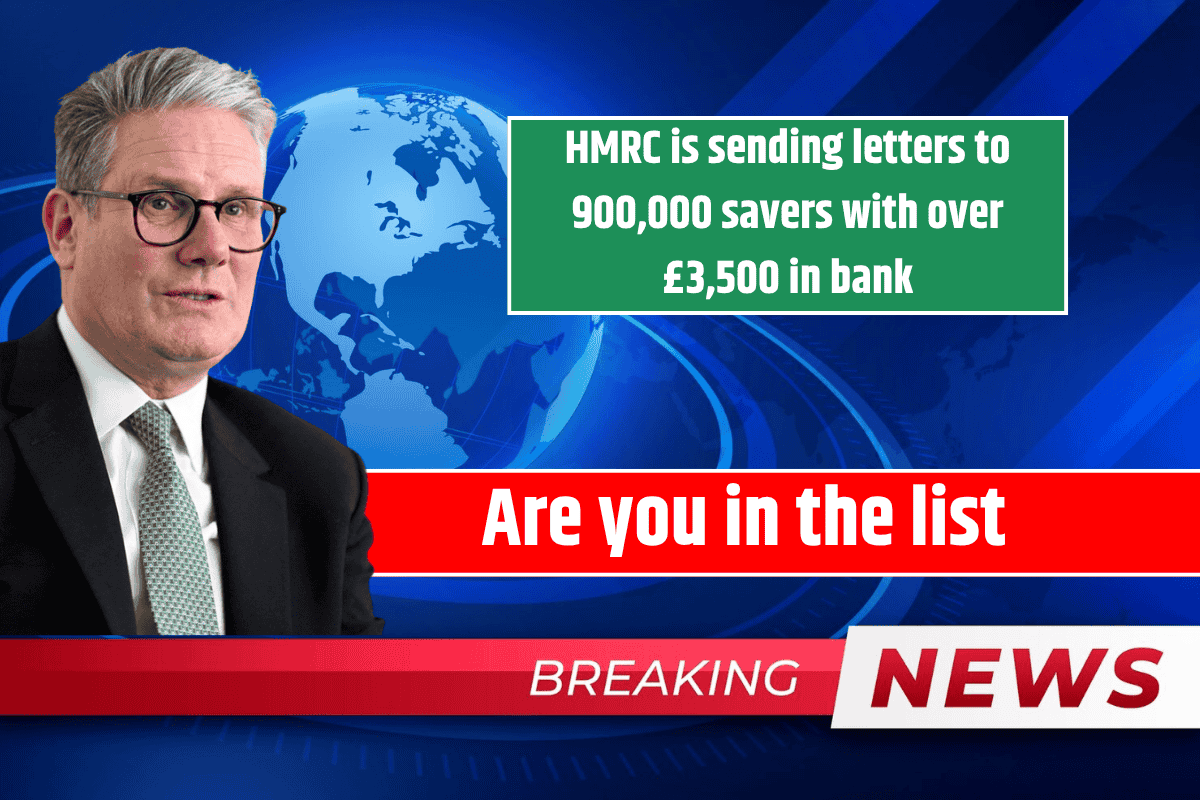







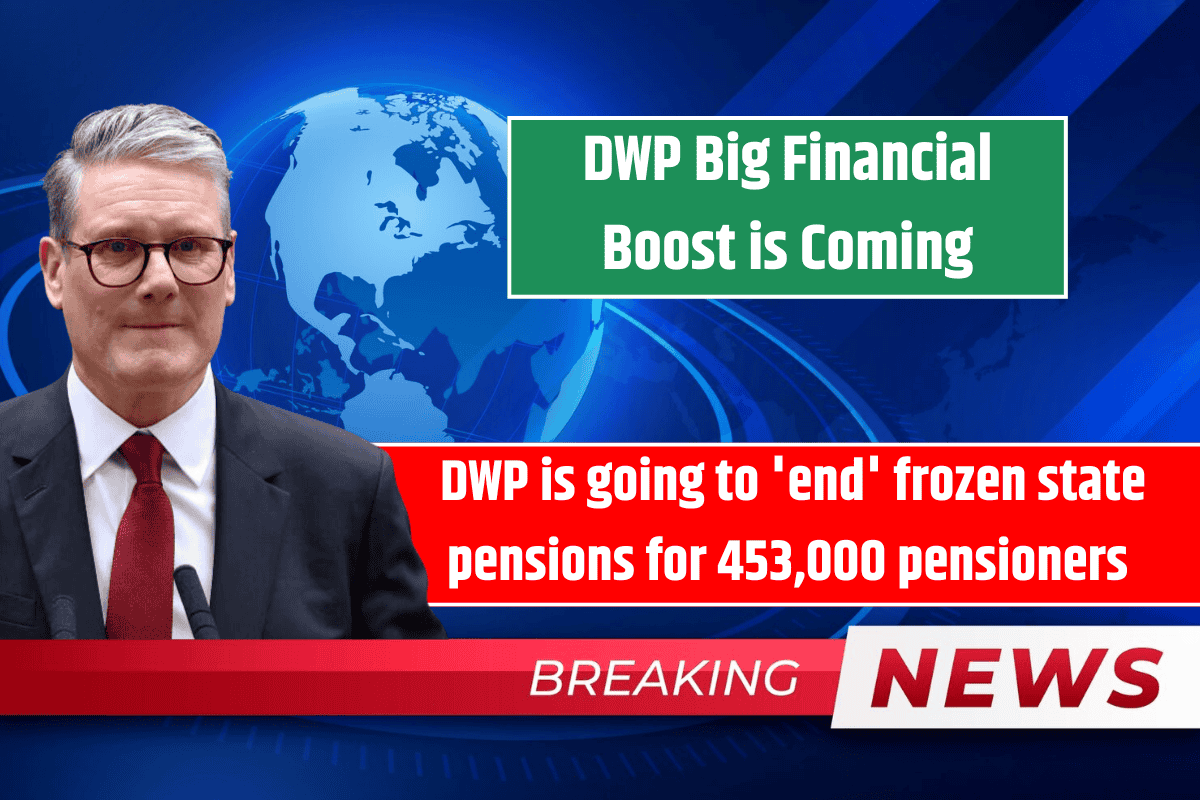

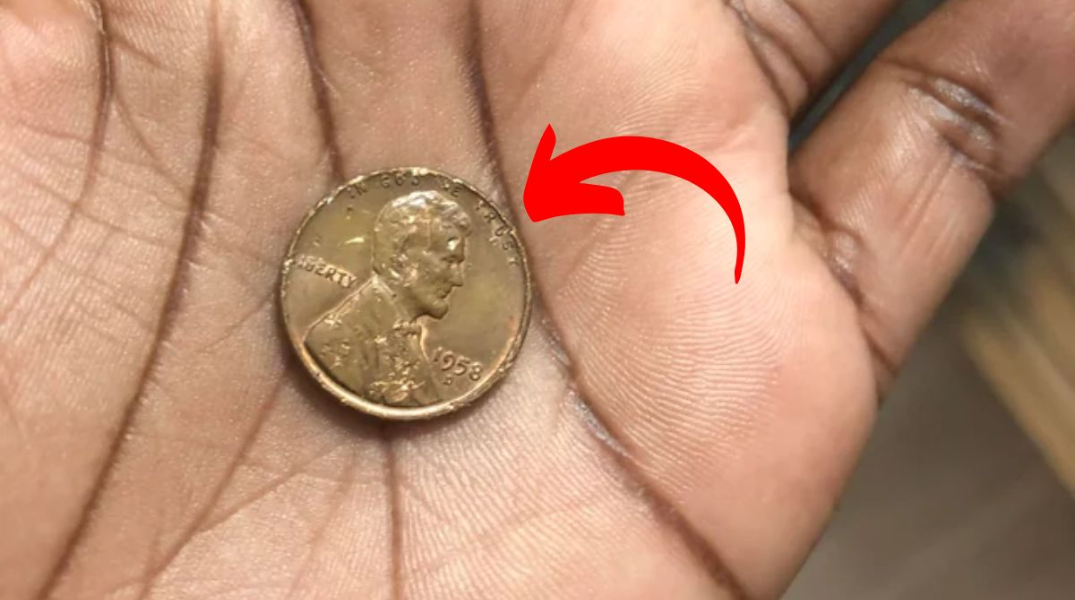
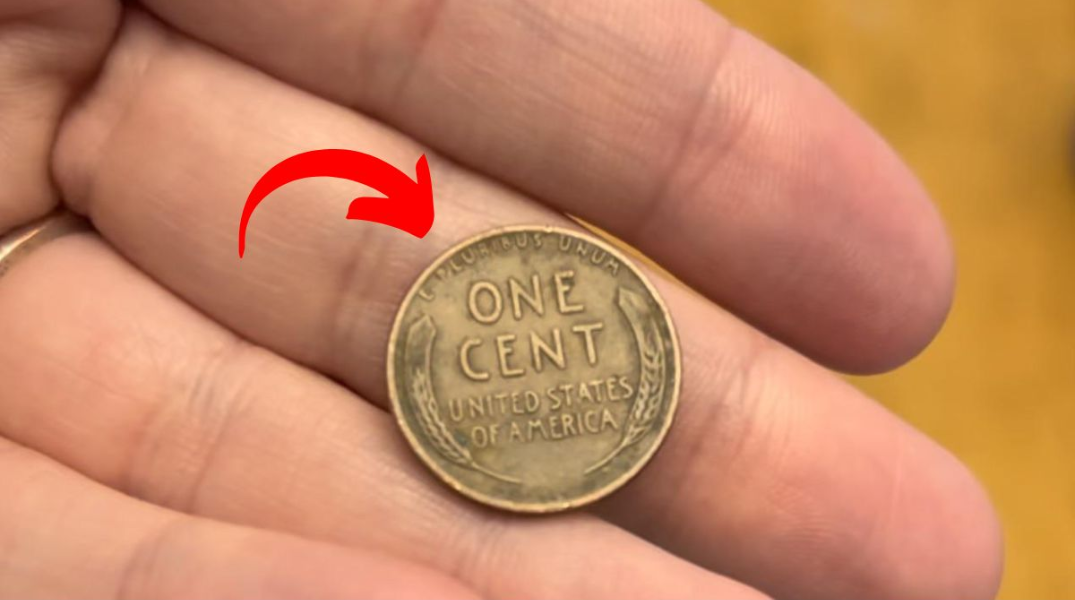
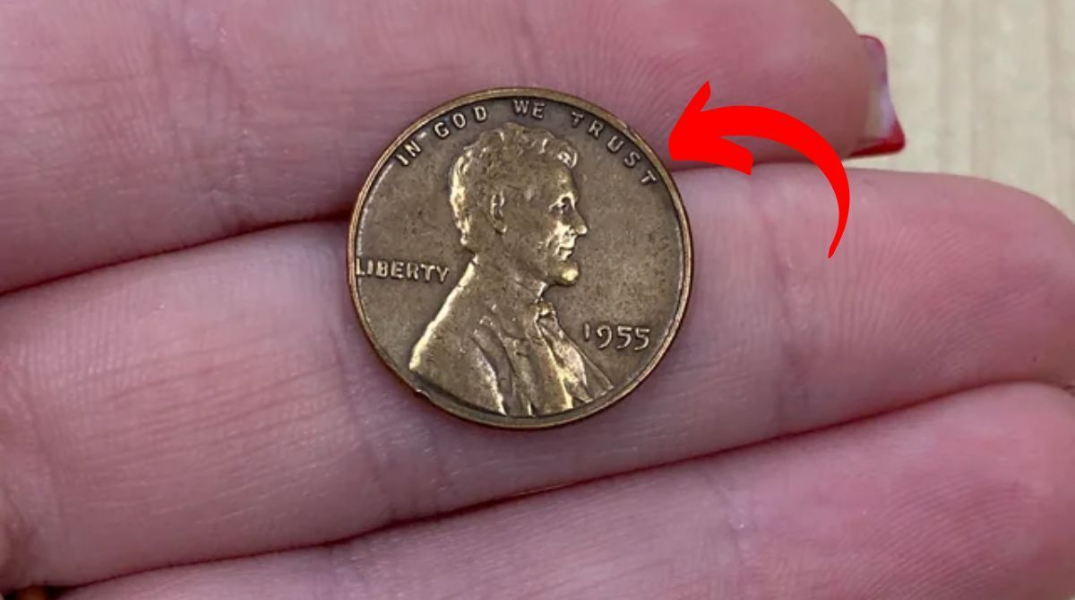
Why don’t this stupid Government put a tax on Fresh air we all Breathe in. They might As well it’s Really disgusting for this Government they haven’t to clue how to run a country